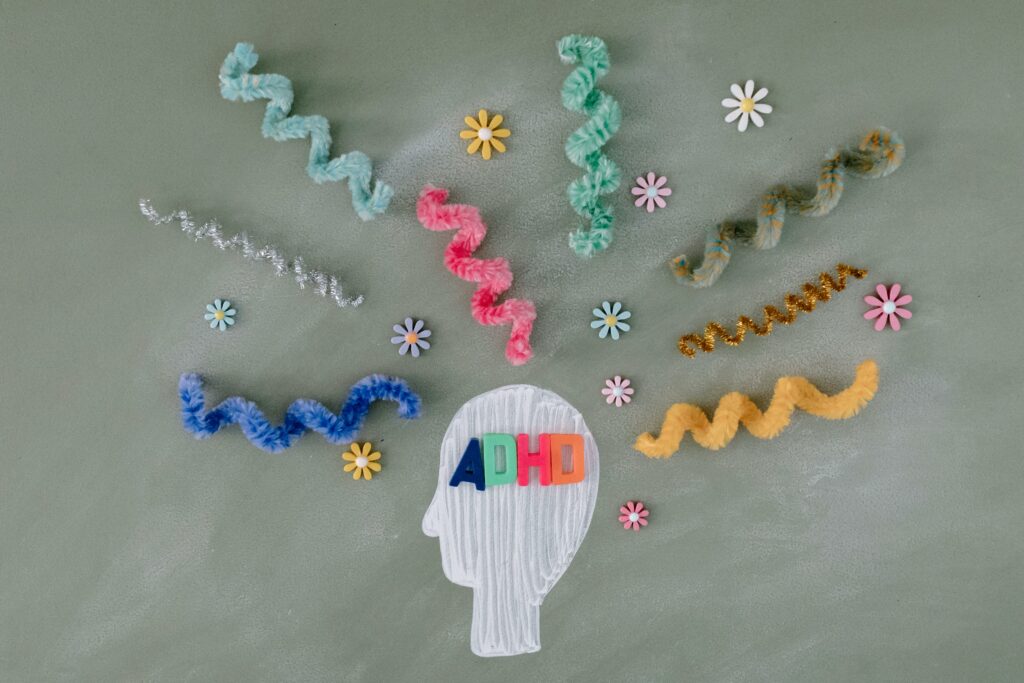The path to recovery from alcoholism is a challenging one. Cravings, stress, and negative emotions can all be triggers for relapse. But what if there was a tool that could help you manage these challenges and cultivate inner peace? Meditation might be the answer you’ve been looking for.
The Cycle of Addiction and the Power of Mindfulness
Many people turn to alcohol to cope with difficult emotions. However, this creates a vicious cycle. Drinking may provide temporary relief, but it ultimately worsens stress and anxiety, leading to a greater desire to drink again [1]. Meditation, on the other hand, promotes mindfulness – the practice of paying attention to the present moment without judgment. This allows you to observe your thoughts and feelings without reacting impulsively.
A study published in the National Center for Biotechnology Information found that mindfulness-based interventions (MBIs) can be effective in reducing alcohol use and cravings [2]. MBIs often incorporate meditation practices, helping individuals in recovery develop healthier coping mechanisms for dealing with stress and triggers.
Benefits of Meditation for Alcohol Recovery
Here are some specific ways meditation can support those on the road to recovery:
- Reduced Cravings: Meditation can help you become more aware of cravings without acting on them. By observing cravings as mental phenomena rather than uncontrollable urges, you can learn to ride them out without resorting to alcohol [3].
- Improved Stress Management: Stress is a major trigger for relapse. Meditation helps cultivate a sense of inner calm, making stress easier to manage and reducing the need to self-medicate with alcohol [4].
- Increased Self-Awareness: Through meditation, you can gain a deeper understanding of your triggers and emotional states. This self-awareness allows you to identify potential relapse situations and develop coping mechanisms [5].
Getting Started with Meditation
Meditation isn’t about achieving some mystical state of enlightenment. It’s about giving your mind a break and learning to manage your thoughts and emotions in a healthy way. Here are some tips for getting started:
- Start Small: Aim for just a few minutes of meditation a day. There are many guided meditation apps and online resources available to help you begin.
- Find a Quiet Place: Minimize distractions by choosing a quiet space where you won’t be interrupted.
- Focus on Your Breath: A simple practice is to focus on your breath, noticing the rise and fall of your chest or abdomen. When your mind wanders, gently bring your attention back to your breath.
Meditation is a Journey, Not a Destination
Remember, there will be good days and bad days in your recovery journey. Don’t get discouraged if your mind wanders during meditation. Just keep coming back to your practice, and you’ll gradually develop the skills to manage your thoughts, emotions, and cravings. Meditation, combined with professional treatment and support groups, can be a powerful tool for building a life free from alcohol dependence.
Sources:
[1] https://www.burningtree.com/what-is-the-3-fold-disease-of-alcoholism-addiction/
[2] https://pubmed.ncbi.nlm.nih.gov/21768988/
[3] https://www.mainlinemeditation.org/intro-membership
[4] https://www.mainlinehealth.org/conditions-and-treatments/conditions/addiction
[5] https://integrativelifecenter.com/



